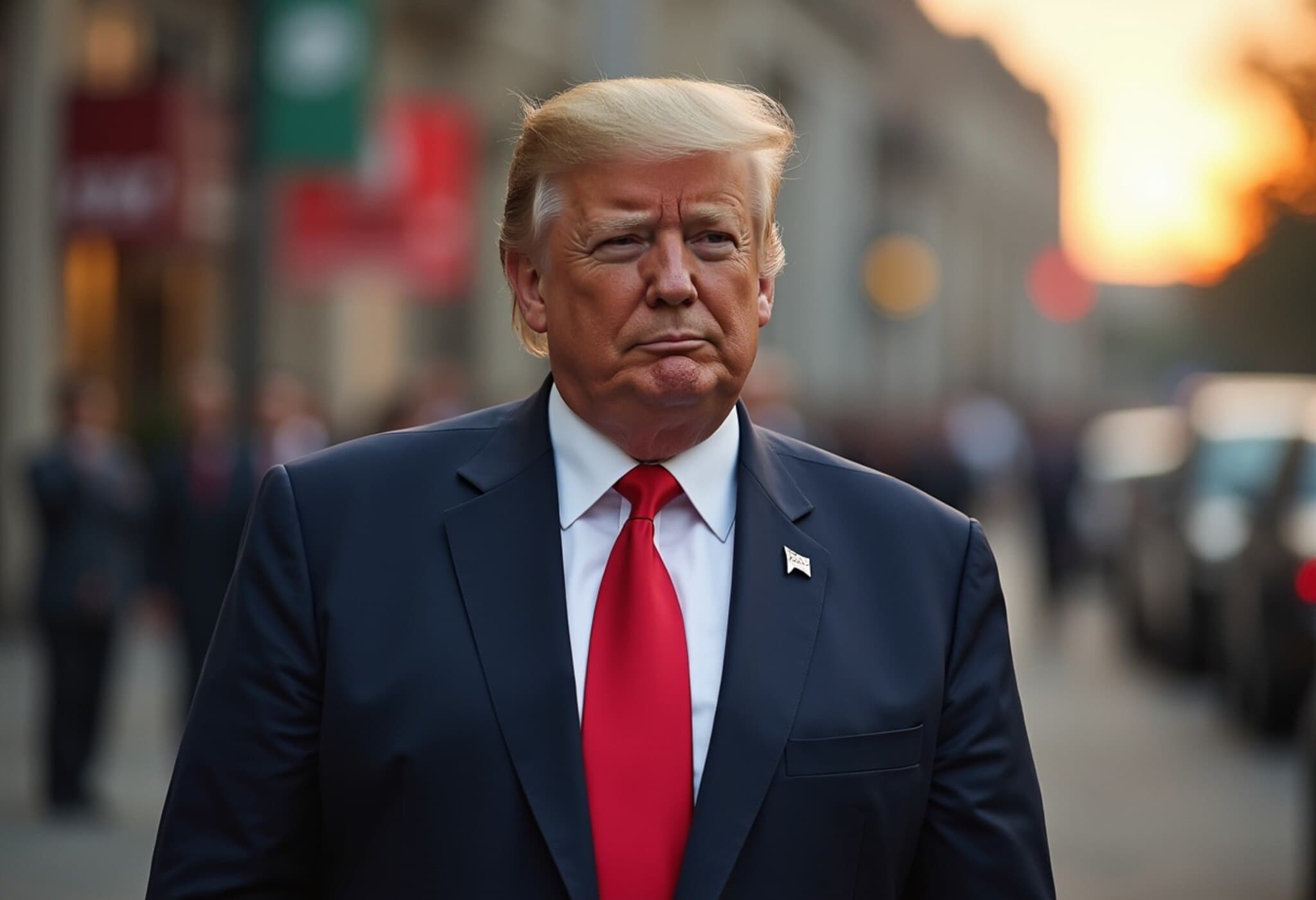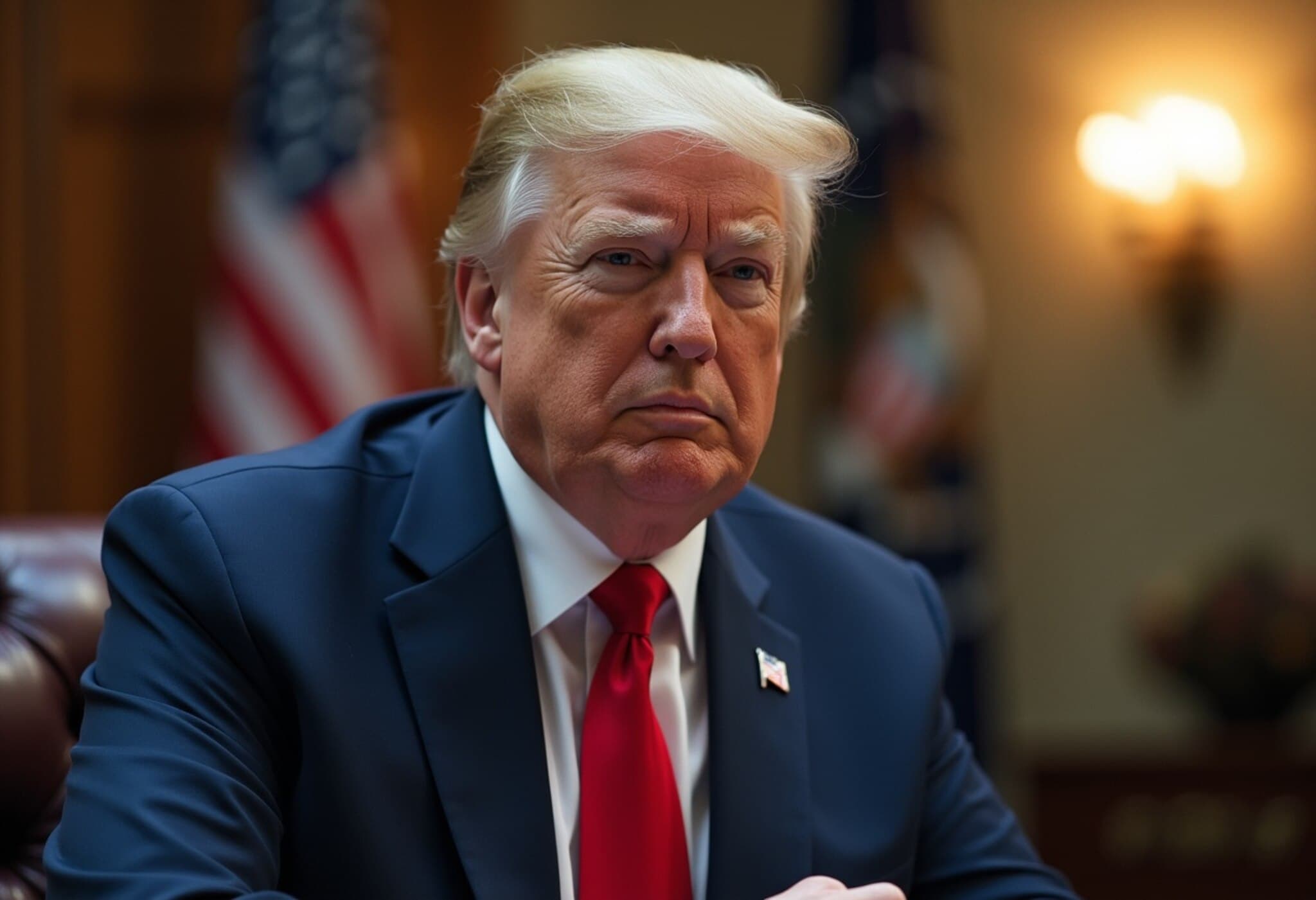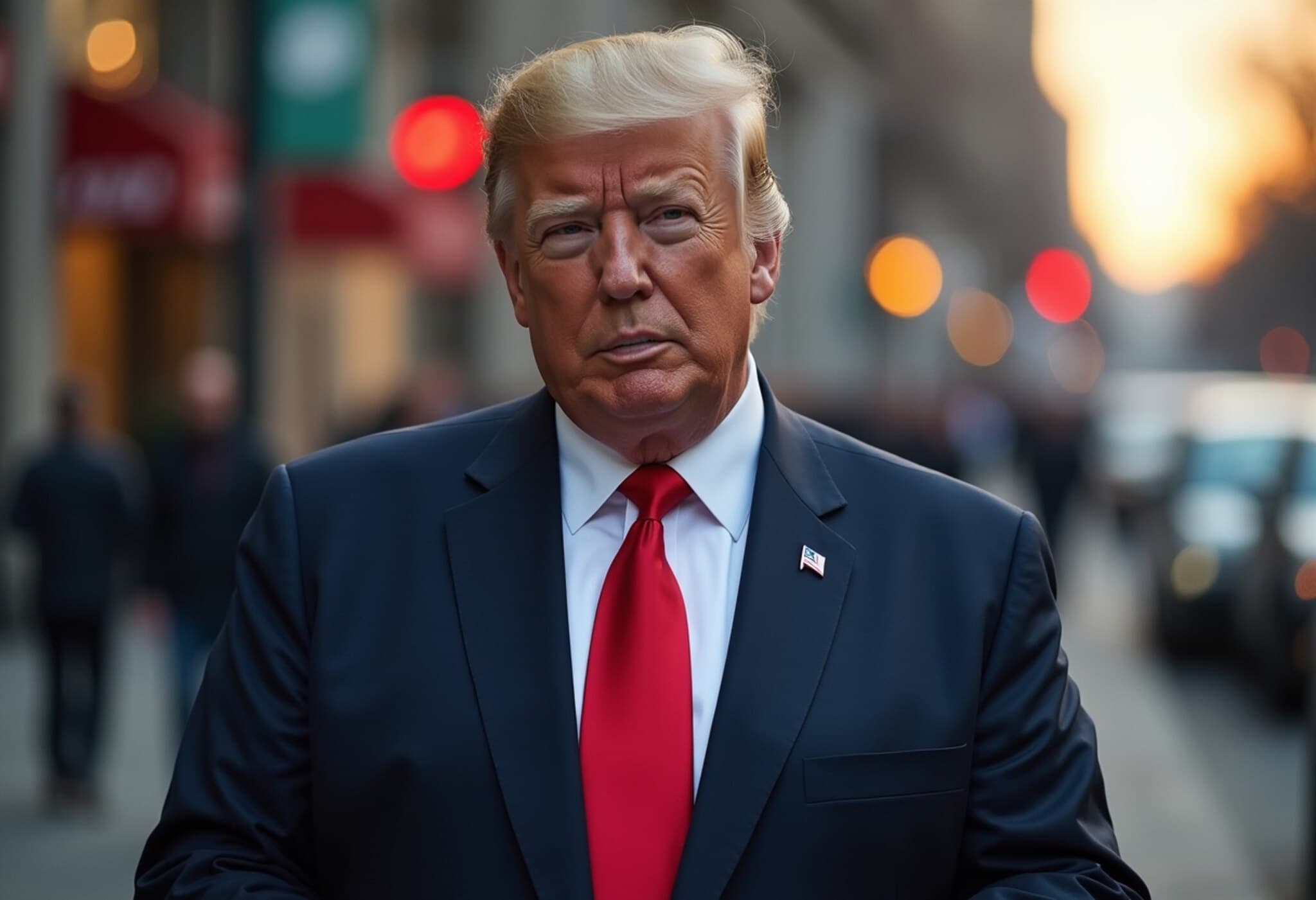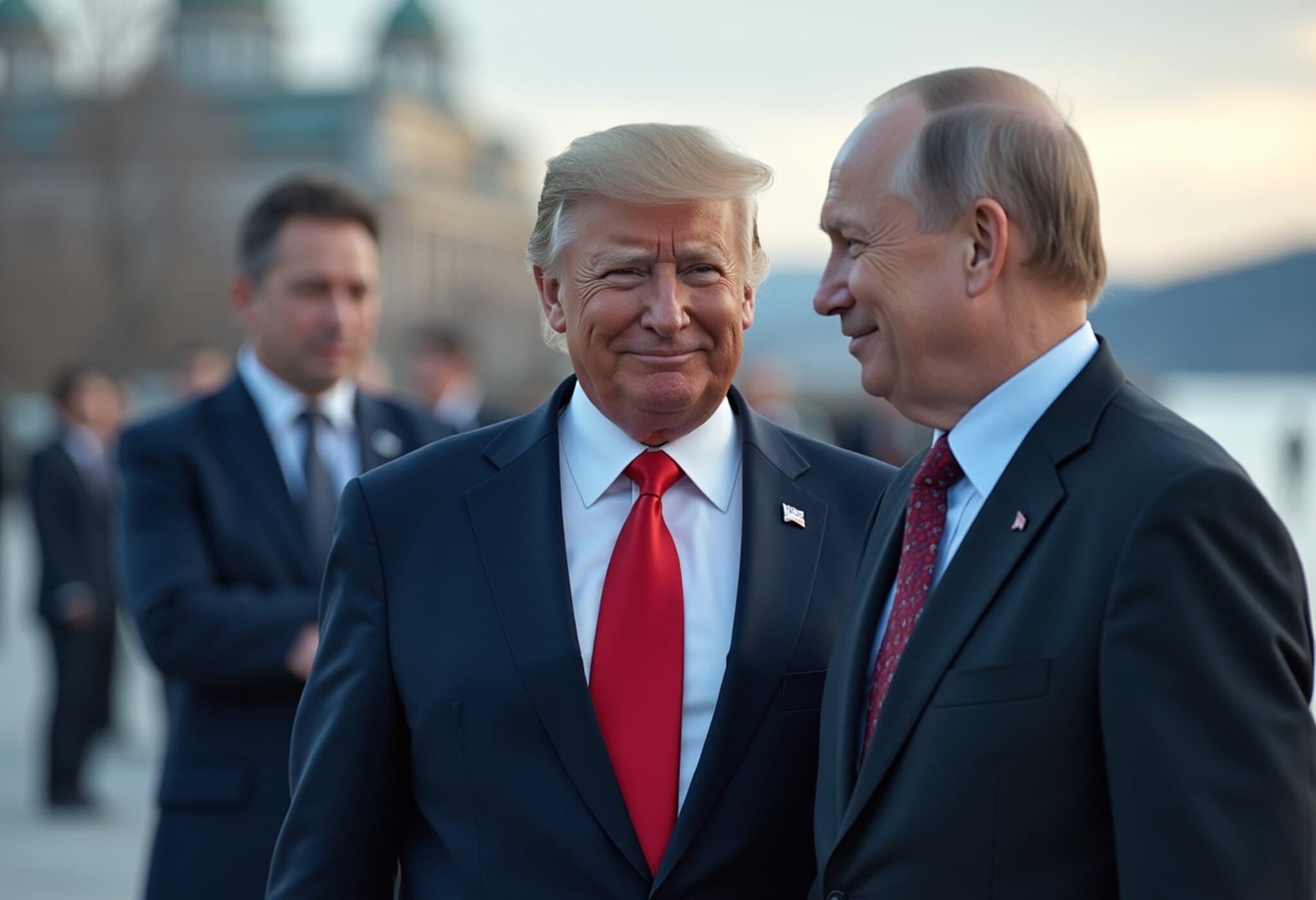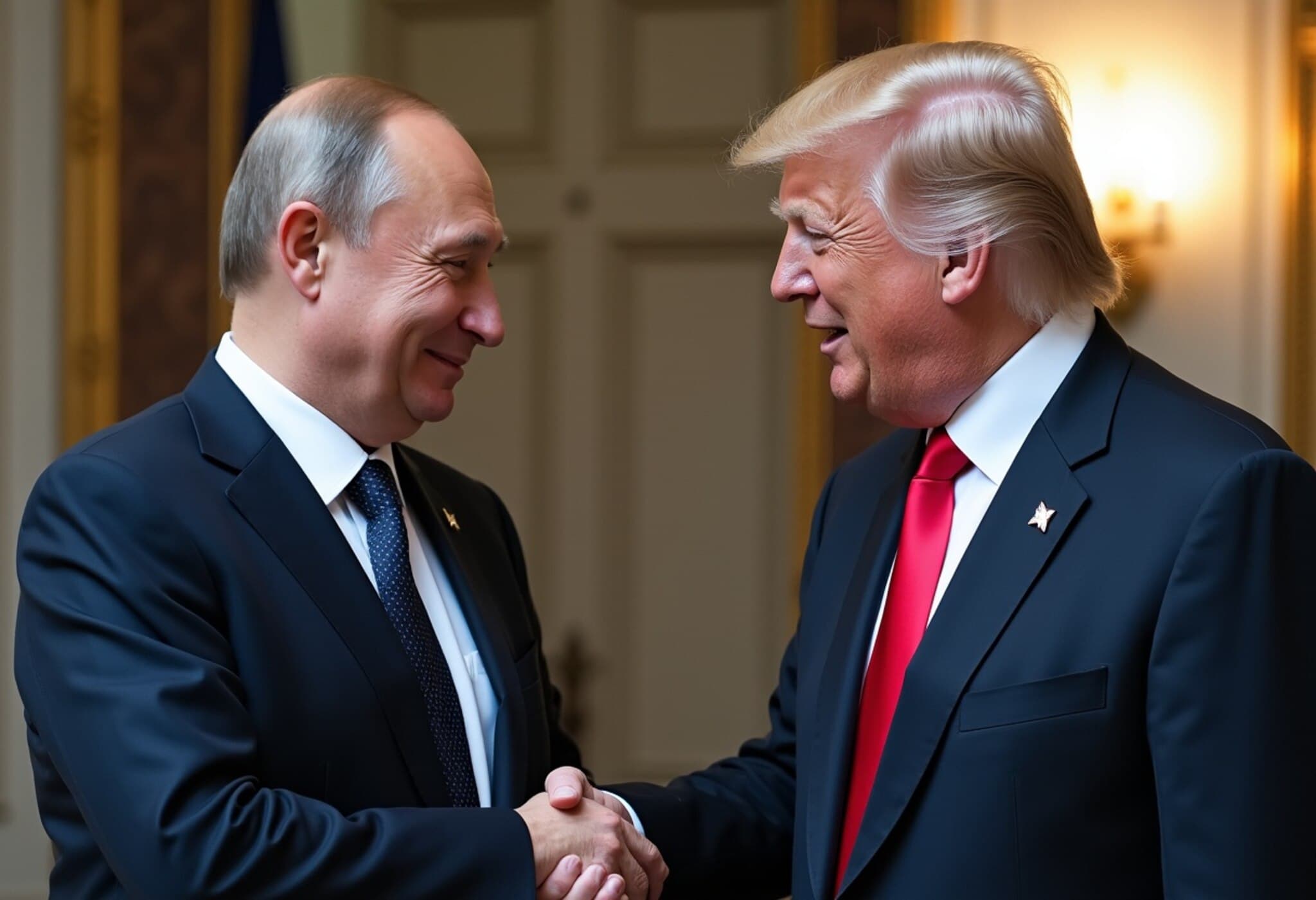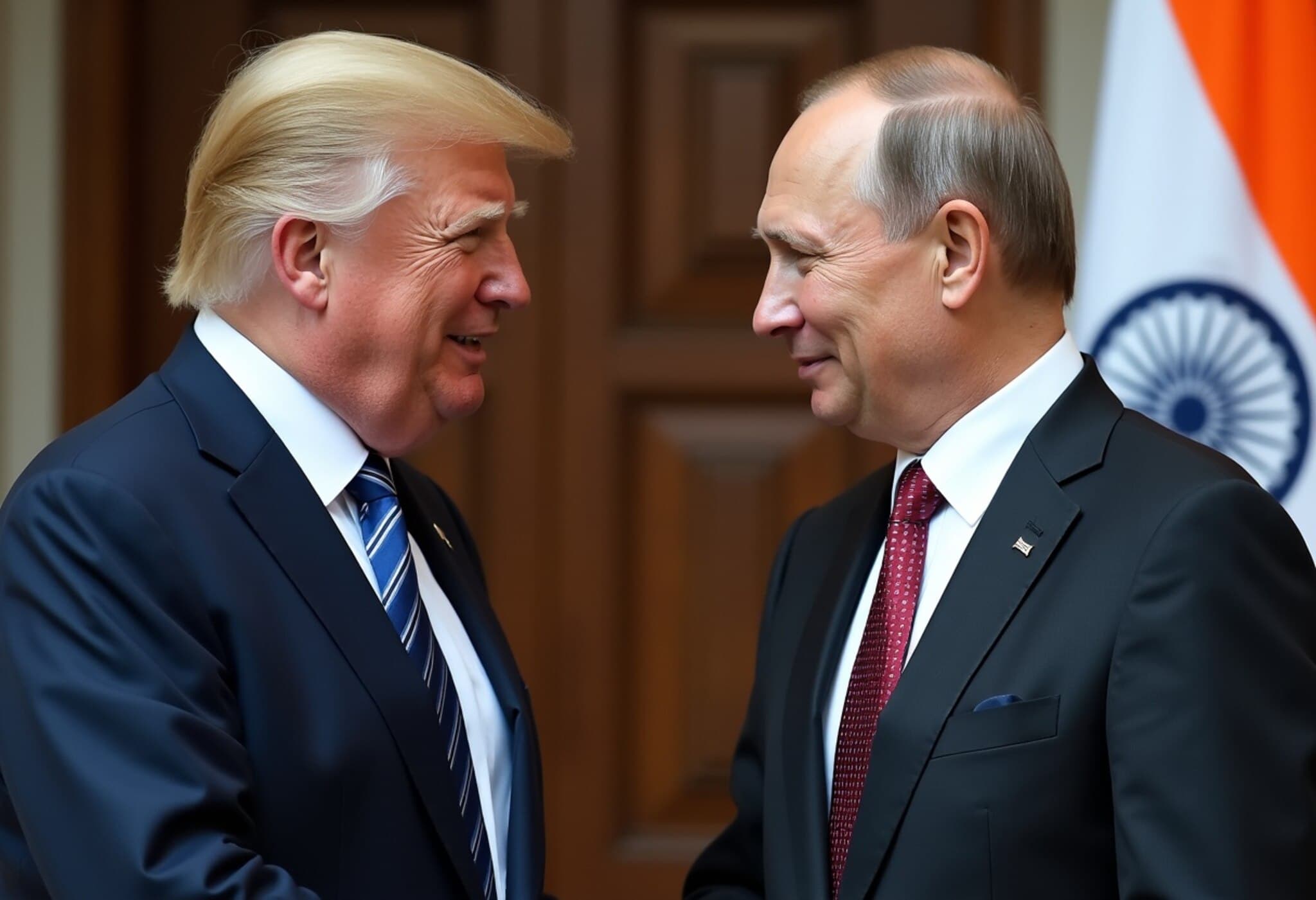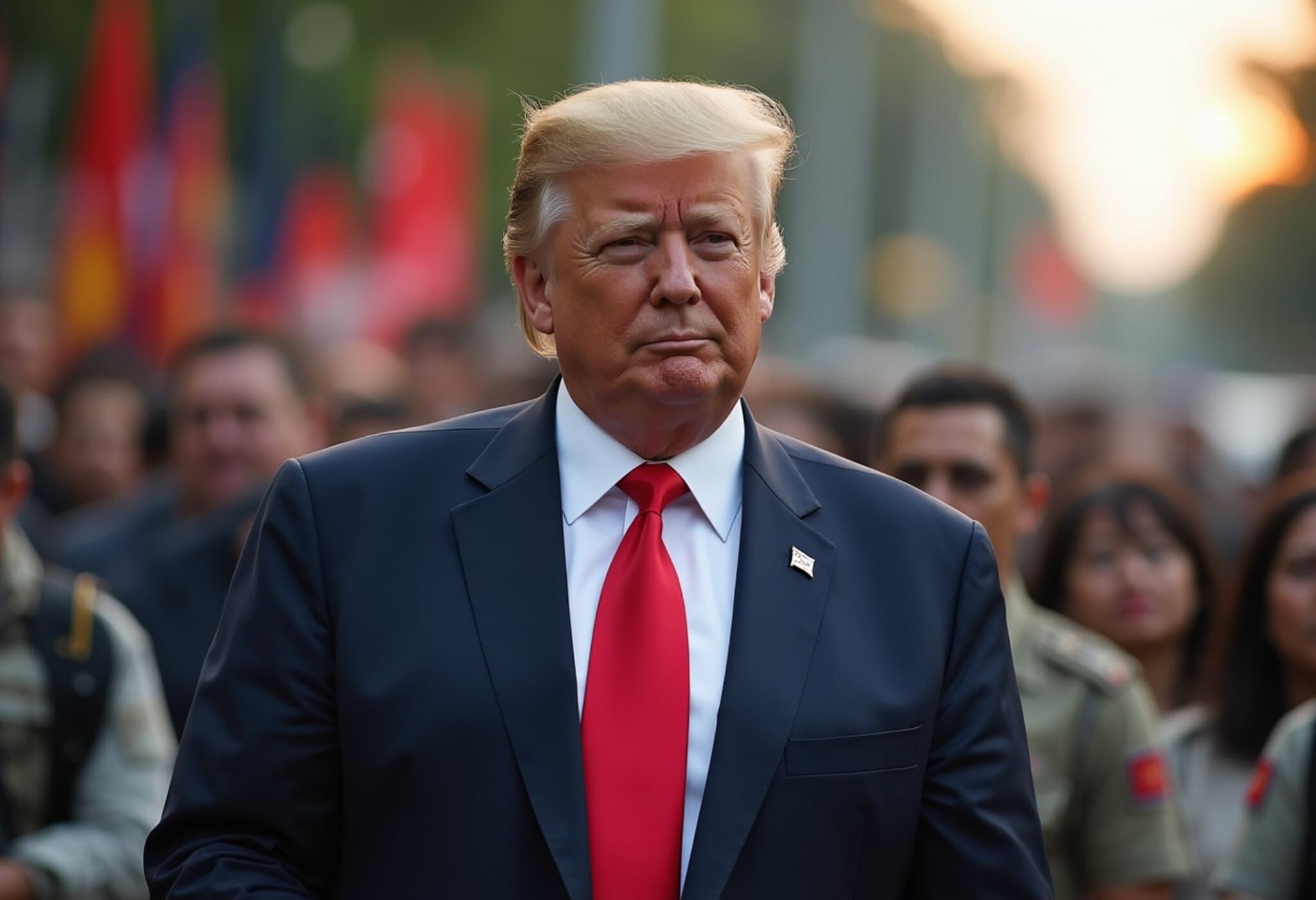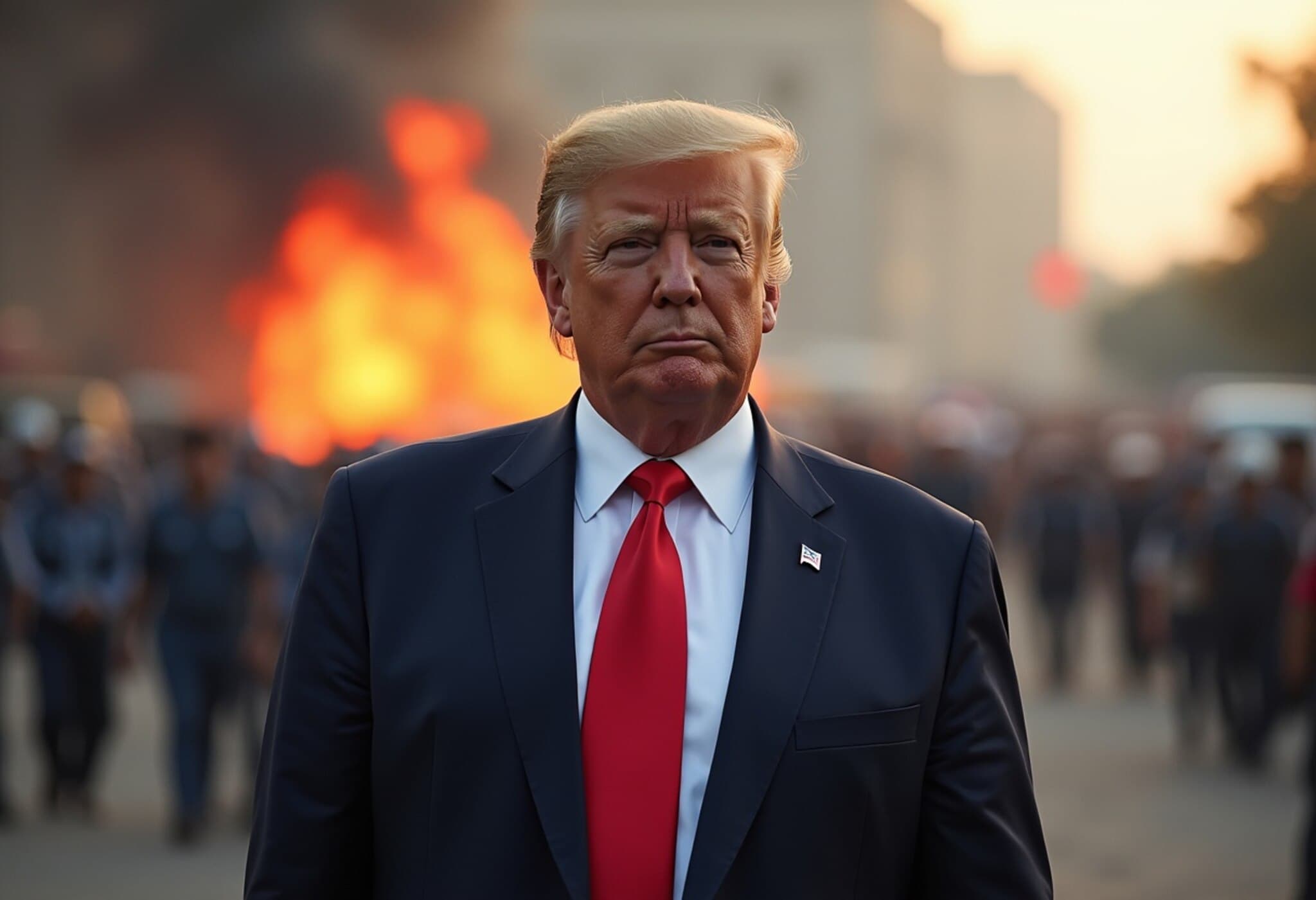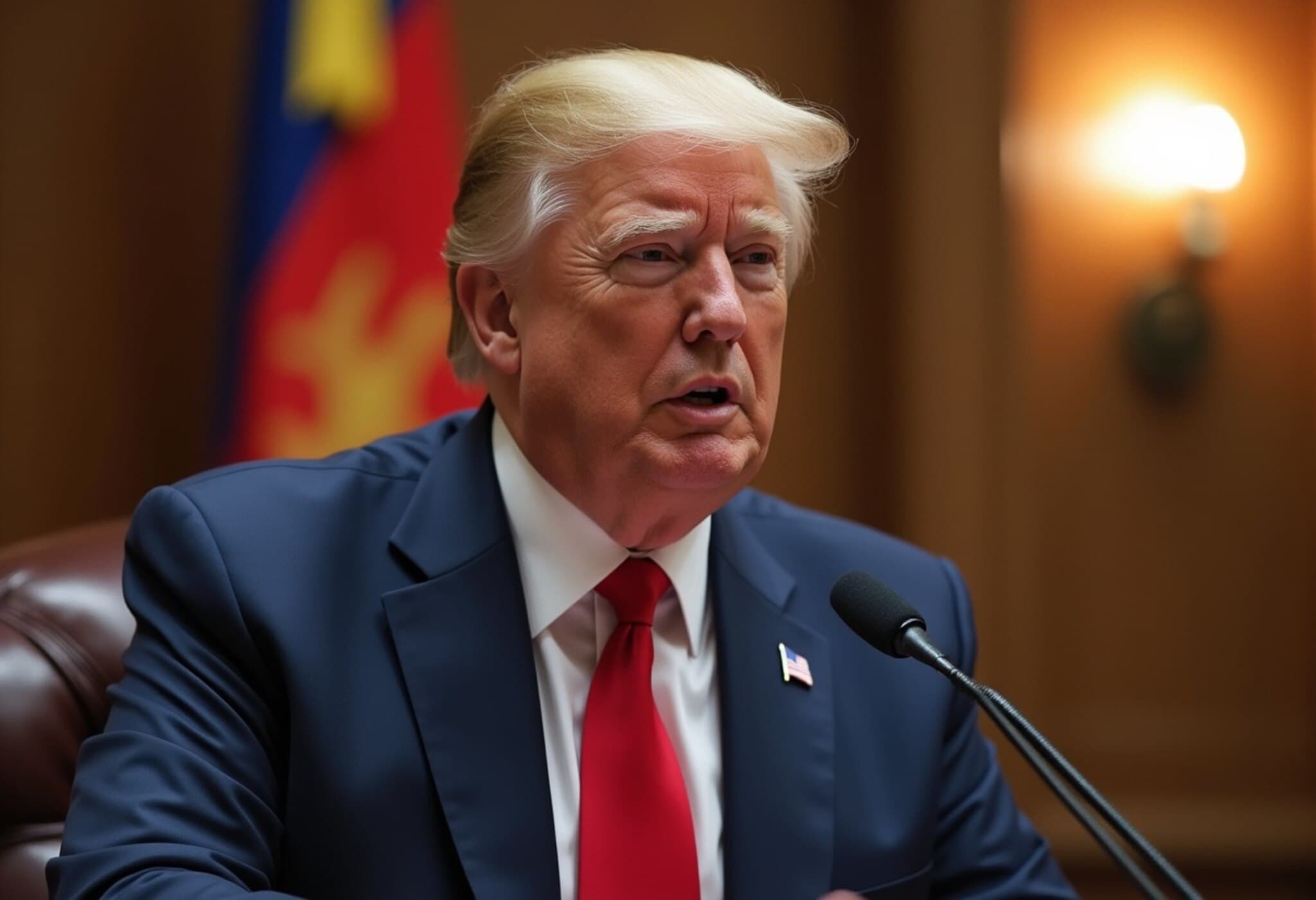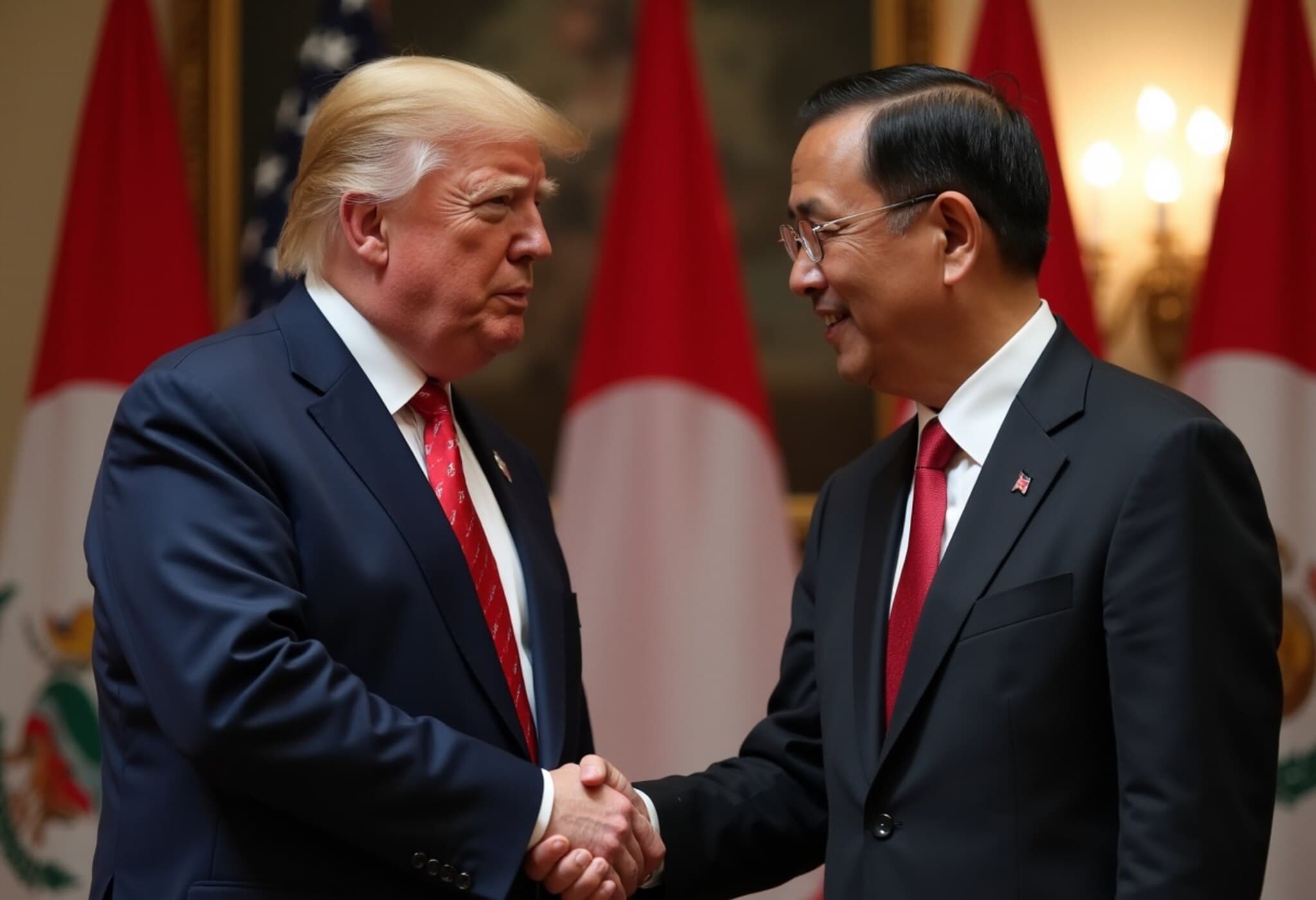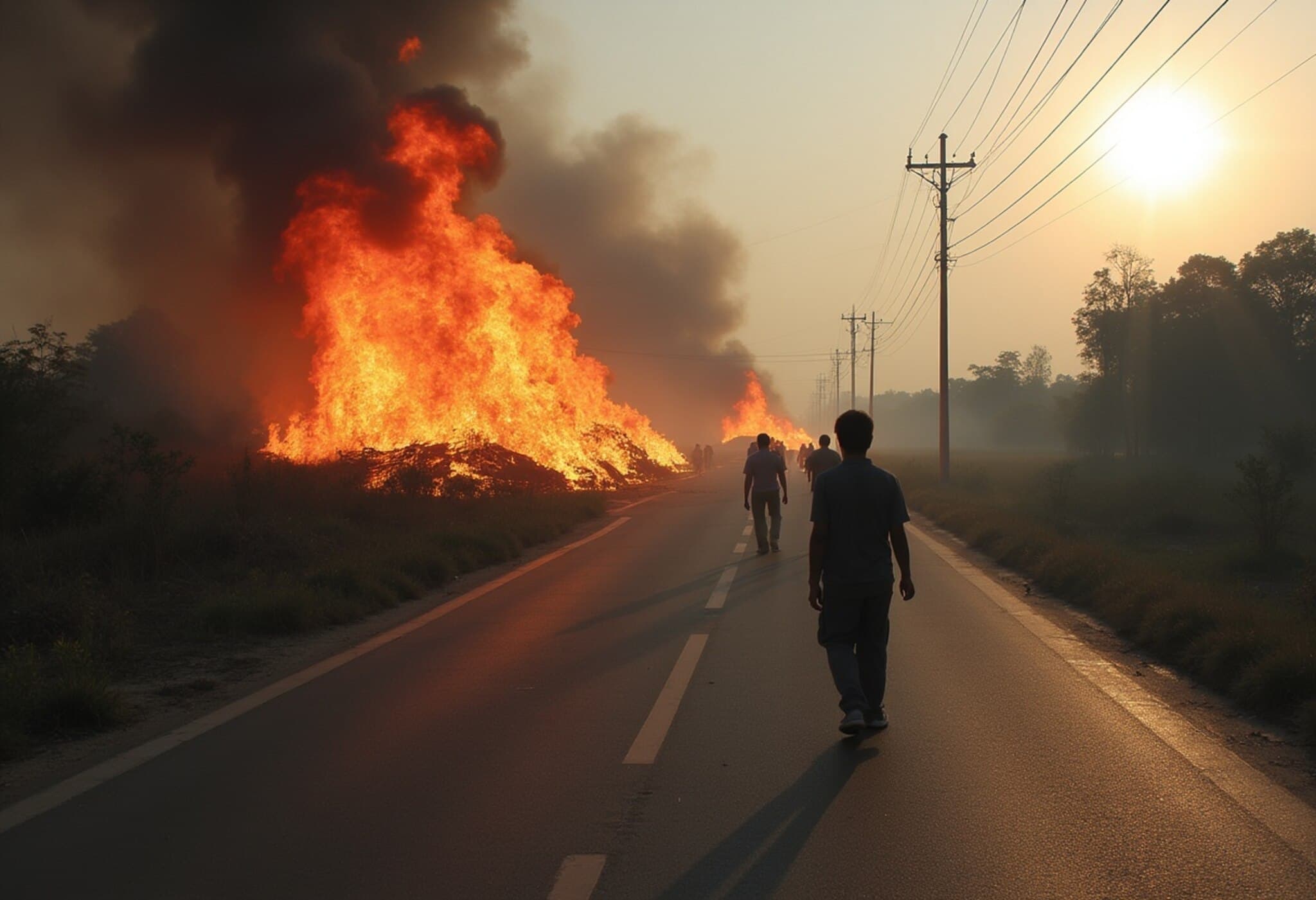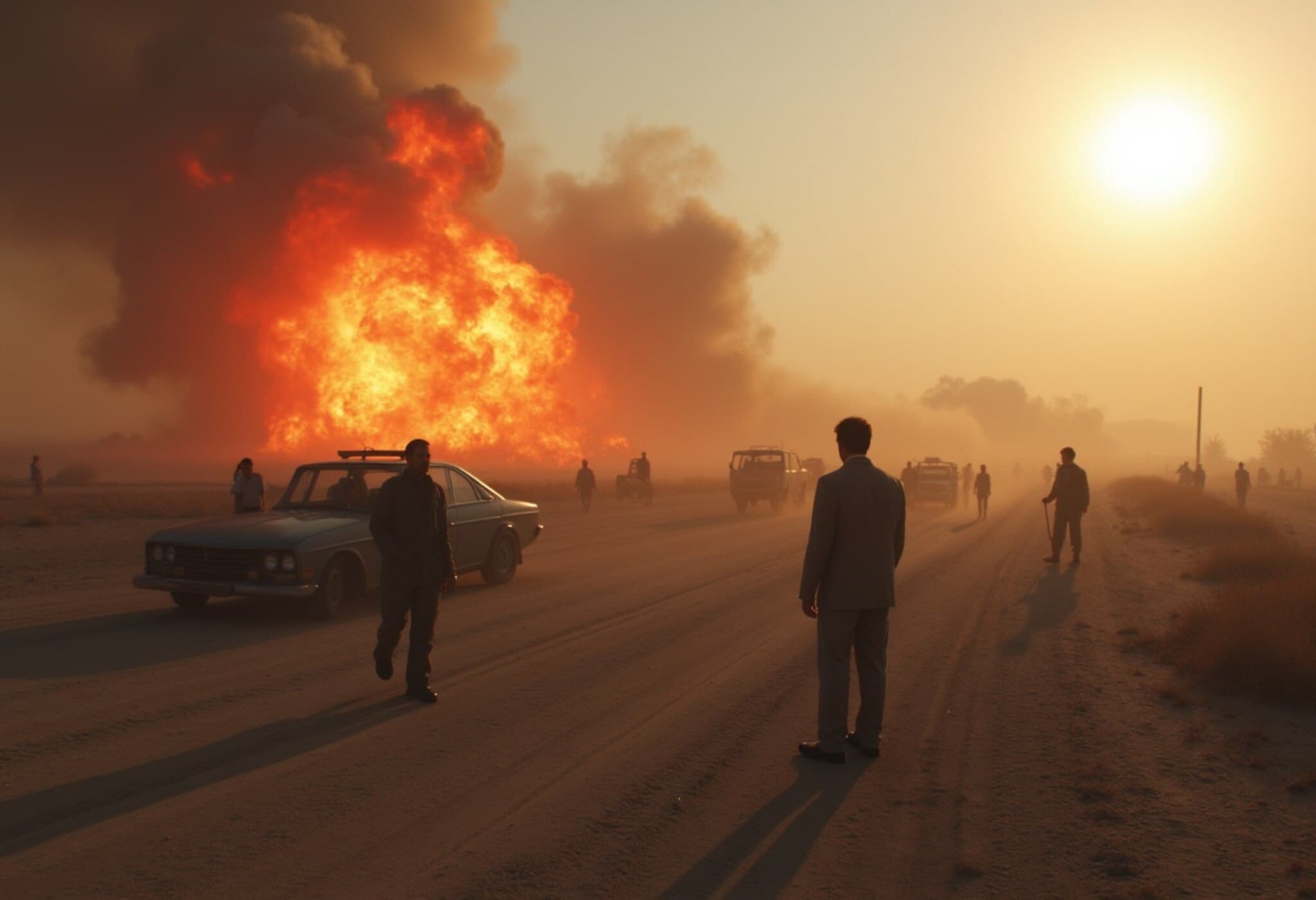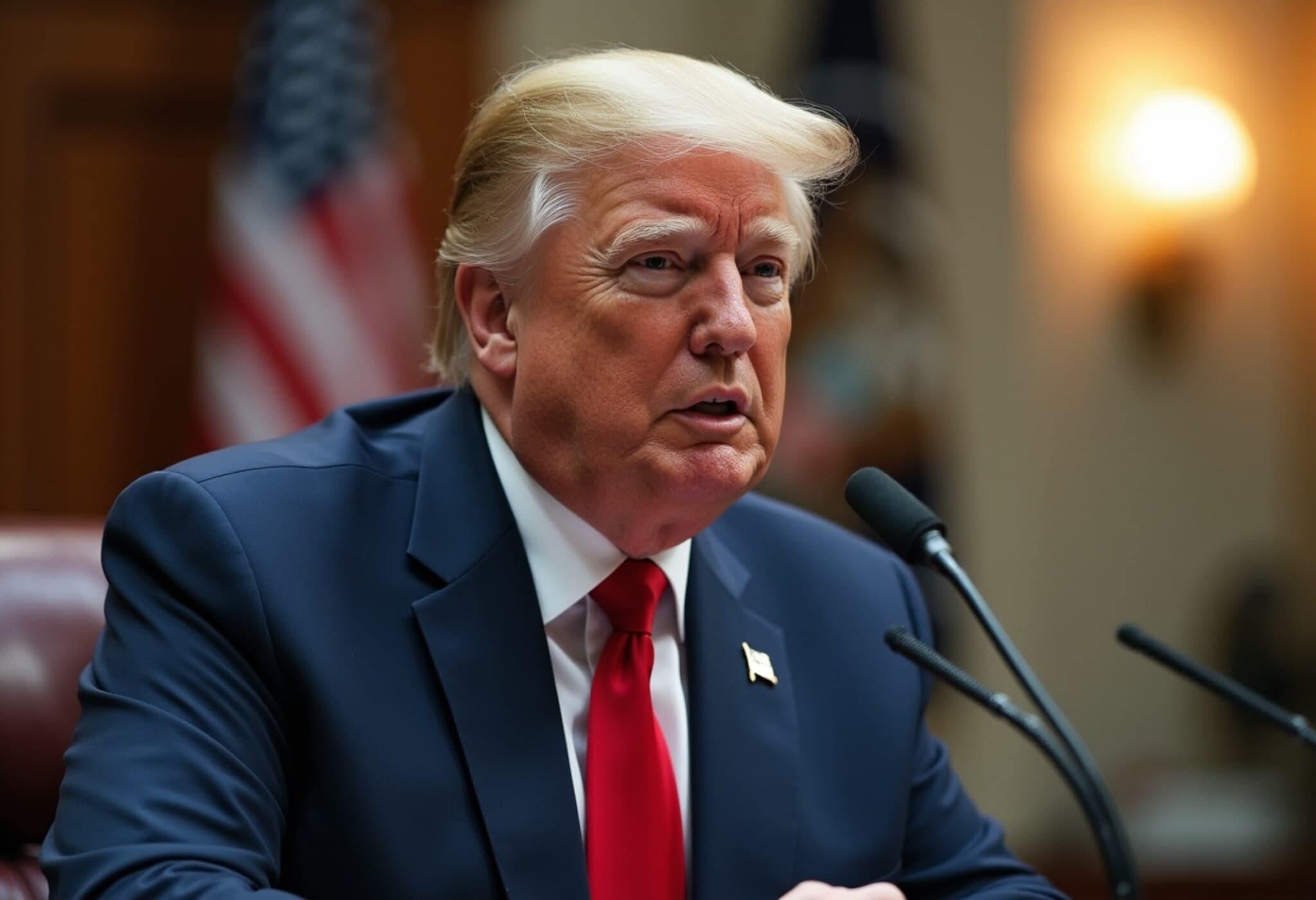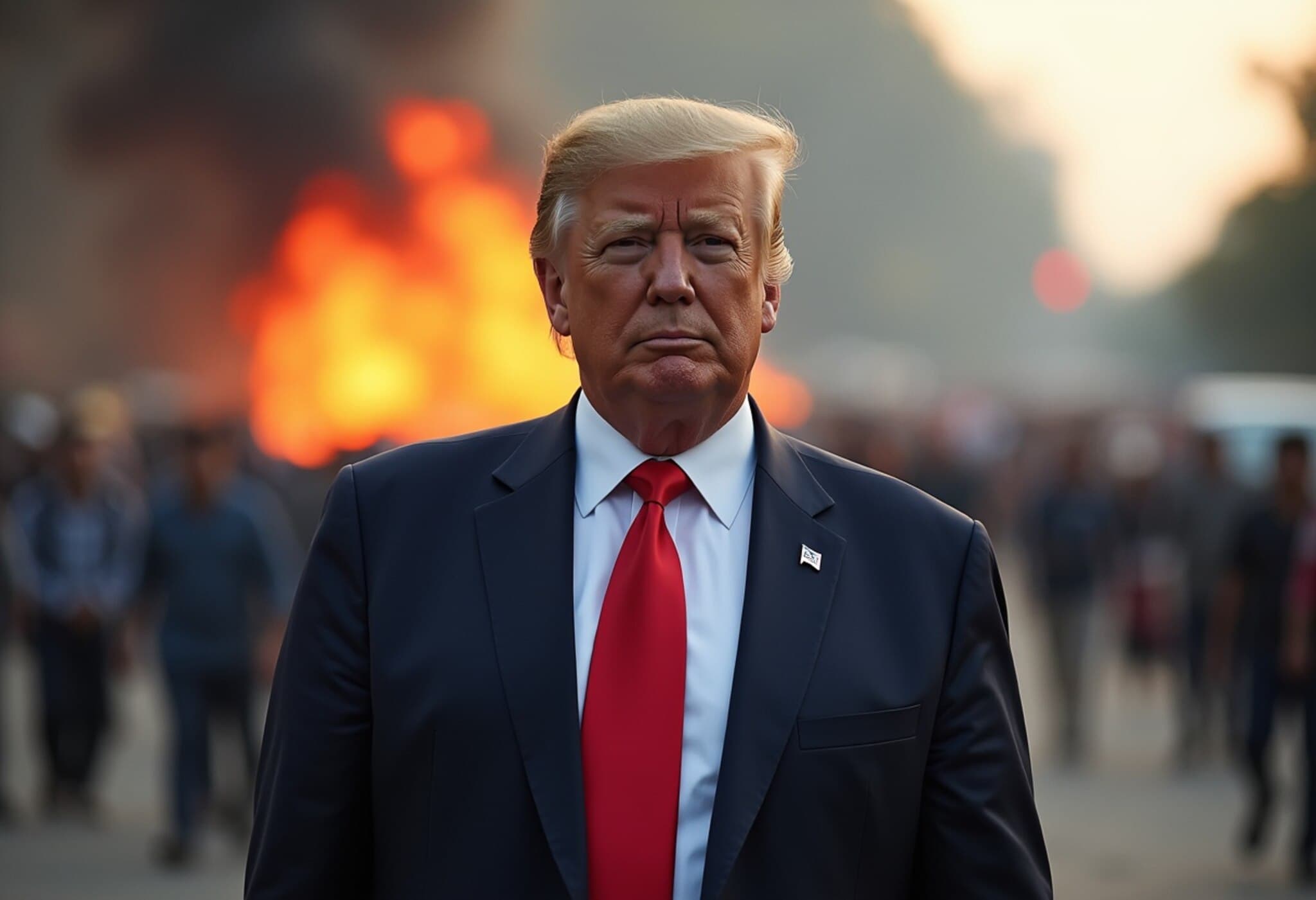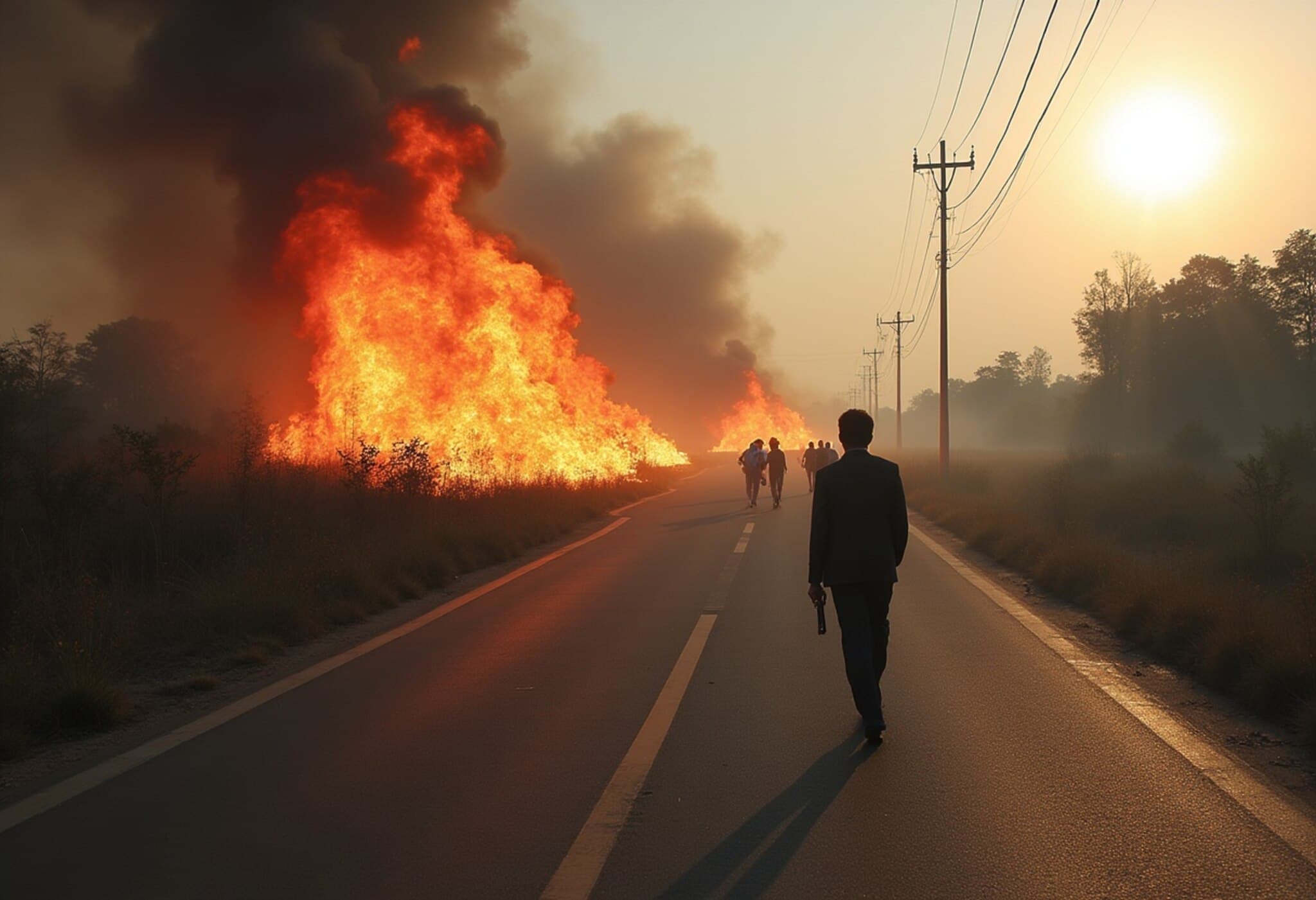Trump Compares Cambodia-Thailand Border Clash to India-Pakistan Conflict
On Saturday, former US President Donald Trump publicly addressed the escalating border violence between Cambodia and Thailand, drawing a striking parallel to the decades-long India-Pakistan conflict. Highlighting the prospect of peaceful resolution, Trump emphasized that, like the South Asian rivalry, the Southeast Asian border dispute could also be brought to a successful and lasting ceasefire.
Active US Mediation Amid Rising Tensions
Speaking from Scotland during his current visit, Trump revealed he had personally reached out to the leaders of both Cambodia and Thailand to encourage de-escalation. The hostile clashes, which entered their third consecutive day, have tragically claimed at least 33 lives so far. Trump’s engagement underscores the urgency of resolving a conflict that not only disrupts local lives but also threatens regional stability.
"I am trying to simplify a complex situation," Trump remarked in an update posted on his Truth Social platform, adding, "Many people are being killed in this war, but it very much reminds me of the conflict between Pakistan and India, which was brought to a successful halt." His comments reflect a deep understanding of how entrenched border conflicts, though fraught with history and emotion, can eventually find a path towards peace.
Trade Relations Tied to Peace Prospects
In a nuanced diplomatic stance, Trump indicated that the United States would withhold the advancement of trade deals with Cambodia and Thailand until a ceasefire is firmly established. "Just spoke to the Prime Minister of Cambodia relative to stopping the war with Thailand," he stated. Shortly thereafter, he shared that his conversation with Thailand’s Acting Prime Minister was "very good" and that both nations desire "an immediate ceasefire and peace."
Historical Context of the Conflict
The Cambodia-Thailand dispute centers around disputed ancient temple sites nestled along a remote, forested border region. This area, a rugged ridge dotted with agricultural lands where locals cultivate rubber and rice, has long been a flashpoint. The recent spike in hostilities spilled into the coastal zones adjoining the Gulf of Thailand, some 160 miles southwest of the main border front.
Much like the India-Pakistan conflict, which has seen cycles of tension and diplomacy, this border dispute carries historical weight steeped in cultural, territorial, and national identity complexities. Its resolution demands careful diplomacy, respect for heritage sites, and attention to the livelihoods of border communities.
Expert Insights and Regional Implications
From a geopolitical perspective, Trump's involvement signals a potential shift in US foreign policy focus towards Southeast Asia—an area largely influenced by China’s strategic ambitions. Encouraging peace here could bolster regional stability in the Indo-Pacific and reaffirm US commitment to diplomatic solutions amid overlapping spheres of influence.
Moreover, the economic impact of ongoing violence can not be overstated. Both Cambodia and Thailand heavily rely on cross-border trade and tourism linked to their rich cultural heritage. Disruptions risk hampering development goals and may invite increased international intervention or mediation from ASEAN bodies.
Legal experts point out that such disputes often raise questions about international border recognition, sovereignty rights, and the role of UNESCO in protecting cultural monuments. Sustainable peace will likely require multilateral efforts that go beyond bilateral talks.
What Lies Ahead?
- Monitoring Ceasefire Progress: The international community will keenly observe whether Cambodia and Thailand heed calls for an immediate ceasefire.
- US Diplomatic Role: Trump's involvement could pave the way for renewed American engagement in Southeast Asia, competing with other global powers for influence.
- Economic Considerations: Delay or suspension of trade talks underscores how conflict directly affects economic cooperation and prosperity.
- Human Impact: The toll on border communities and displaced civilians must inform any peacebuilding efforts, requiring humanitarian aid and reconciliation mechanisms.
Editor’s Note
This emerging border conflict between Cambodia and Thailand offers a vivid reminder of how historical territorial disputes persist into modern times, often igniting sudden violence with deep human costs. Trump's analogy with the India-Pakistan conflict invites us to reflect on the power of sustained diplomacy, international mediation, and the intricate balance between national pride and peaceful coexistence. As the world watches this delicate situation unfold, critical questions remain: Can lessons from other protracted conflicts inform a durable peace here? Will external powers’ involvement foster resolution or complicate matters further? Ultimately, the outcomes will shape not only bilateral relations but also the broader geopolitical landscape of Southeast Asia.

